Rising Demand for Electric Vehicles
The increasing adoption of electric vehicles (EVs) in the UK is a major driver for the li ion-battery-recycling market. As the number of EVs on the road continues to grow, so does the demand for effective recycling solutions for their batteries. The UK government has set ambitious targets to phase out petrol and diesel vehicles by 2030, which is expected to lead to a substantial rise in battery waste. It is estimated that by 2040, the UK could see over 10 million electric vehicles, resulting in a significant increase in battery disposal. This scenario presents a lucrative opportunity for the li ion-battery-recycling market, as companies will need to develop efficient recycling processes to manage the influx of used batteries. The market is likely to expand as stakeholders recognize the importance of sustainable battery disposal in the context of the growing EV sector.
Increasing Environmental Regulations
The li ion-battery-recycling market is experiencing a surge in demand due to the tightening of environmental regulations in the UK. The government has implemented stringent policies aimed at reducing waste and promoting recycling, particularly for hazardous materials like lithium-ion batteries. As a result, companies are compelled to adopt recycling practices to comply with these regulations. The UK government aims to recycle 70% of batteries by 2030, which indicates a significant shift towards sustainable practices. This regulatory environment not only encourages recycling but also fosters innovation in recycling technologies, thereby enhancing the overall efficiency of the li ion-battery-recycling market. Companies that proactively adapt to these regulations are likely to gain a competitive edge, positioning themselves as leaders in sustainability and environmental responsibility.
Government Incentives for Recycling Initiatives
The UK government is actively promoting recycling initiatives through various incentives, which is a key driver for the li ion-battery-recycling market. Financial support, grants, and subsidies are being offered to companies that invest in recycling infrastructure and technology. These incentives aim to encourage businesses to develop efficient recycling systems and to increase the overall recycling rate of batteries. The government has allocated substantial funding to support research and development in recycling technologies, which could lead to breakthroughs in the efficiency of battery recovery. As these initiatives gain traction, they are likely to stimulate growth in the li ion-battery-recycling market, creating a more robust ecosystem for battery recycling in the UK. This supportive environment may also attract foreign investment, further enhancing the market's potential.
Technological Advancements in Recycling Processes
Technological advancements are playing a crucial role in shaping the li ion-battery-recycling market. Innovations in recycling processes, such as hydrometallurgical and pyrometallurgical methods, are enhancing the efficiency and effectiveness of battery recovery. These technologies allow for the extraction of valuable materials like lithium, cobalt, and nickel, which are essential for new battery production. The UK is witnessing increased investment in research and development to improve these recycling technologies, which could potentially lead to higher recovery rates and lower operational costs. As these advancements become more mainstream, they are likely to attract more players into the li ion-battery-recycling market, fostering competition and driving down prices. This technological evolution not only benefits the environment but also supports the circular economy by ensuring that valuable resources are reused.
Consumer Awareness and Demand for Sustainable Practices
Consumer awareness regarding environmental issues is significantly influencing the li ion-battery-recycling market. As individuals become more conscious of their ecological footprint, there is a growing demand for sustainable practices, including responsible battery disposal. Surveys indicate that a substantial % of UK consumers prefer products from companies that demonstrate a commitment to sustainability. This shift in consumer behavior is prompting manufacturers to adopt more transparent recycling practices and to promote their efforts in battery recycling. Companies that effectively communicate their sustainability initiatives are likely to enhance their brand loyalty and attract environmentally conscious consumers. This trend is expected to drive growth in the li ion-battery-recycling market, as businesses align their operations with consumer expectations for responsible environmental stewardship.


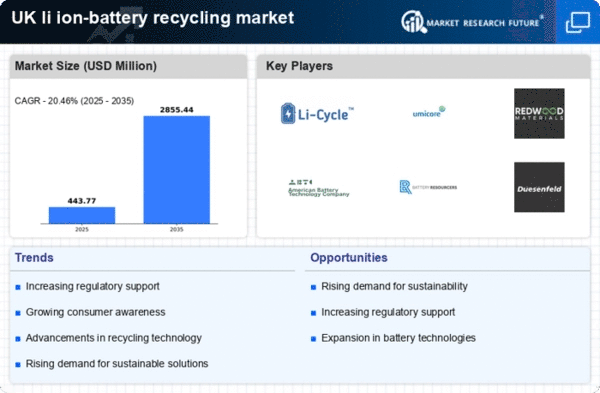
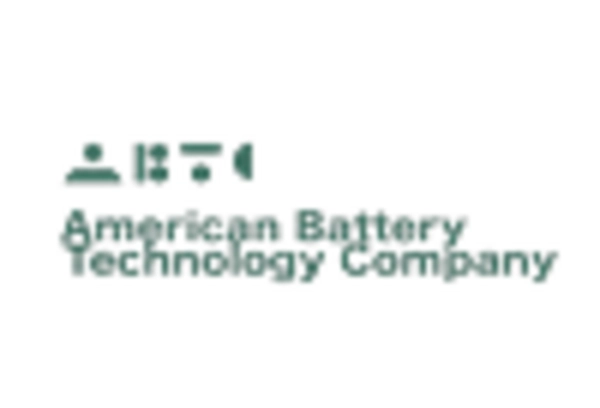
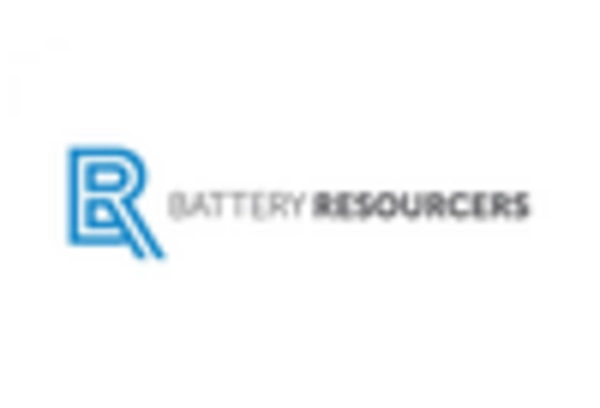
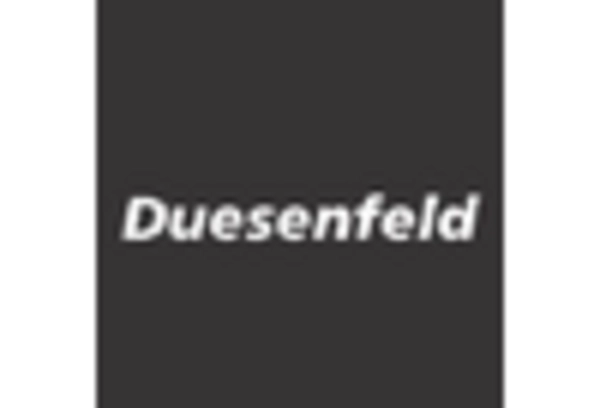
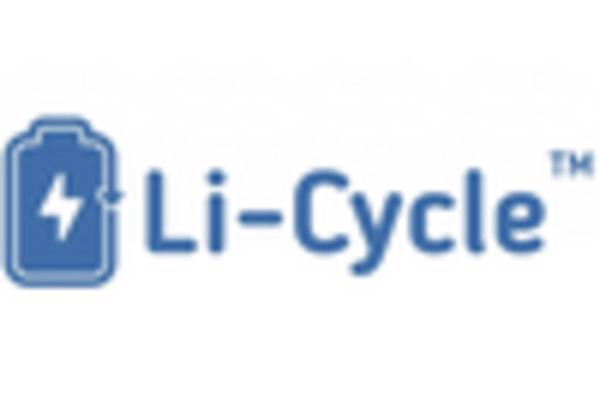
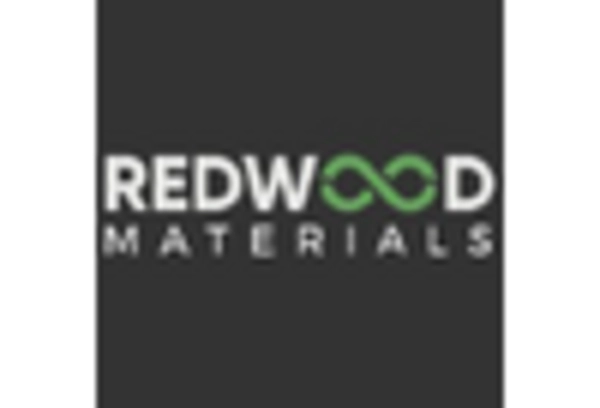
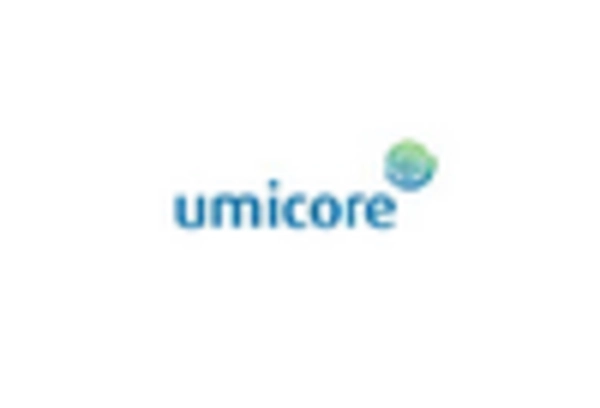








Leave a Comment